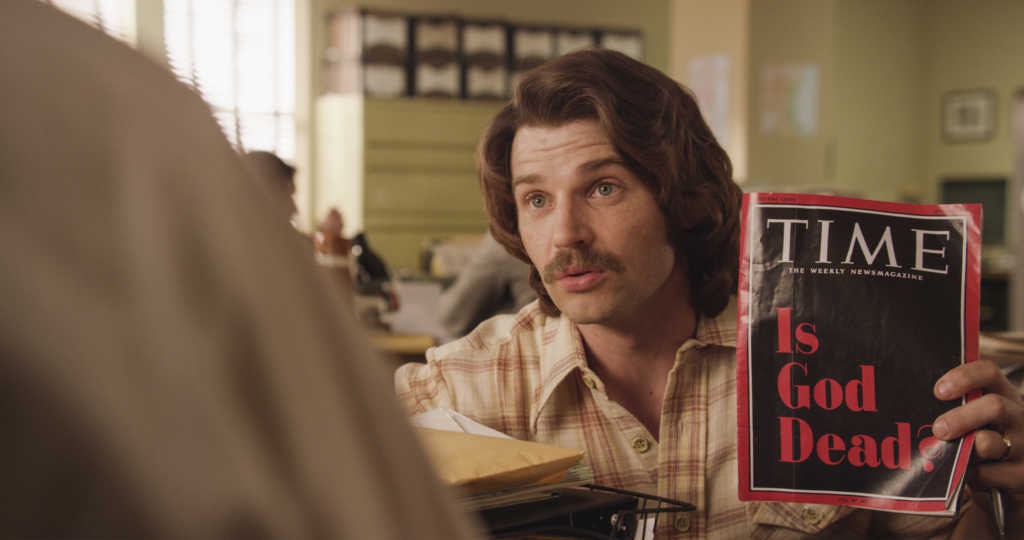Lee Strobel’s bestselling book-turned-movie, “The Case for Christ,” hits theaters tonight. The film details the true conversion story of Strobel, who as a young atheist and successful investigative journalist set out to disprove the resurrection of Jesus Christ.
READ: theist Journalist-turned-Apologist Reveals What Shocked Him Into Becoming a Believer
In this Easter season, Strobel’s unlikely journey to faith serves as a reminder to both Christians and non-Christians of the importance of seeking truth at all costs. The formerly hostile, Christianity-bashing atheist reached his breakthrough moment after his wife Leslie became a Christian. Her conversion prompted his two-year-long search to uncover the truth about Christianity.
“The Case for Christ” shows that if an elite legal editor at the Chicago Tribune can fall victim to his own self-righteous bias, we all can. But the frustrating thing about truth is that it persists whether or not we acknowledge it as truth.
In order to “disprove” the Gospel, Strobel had to first humble himself to acknowledge the possibility that Christianity might be true. He had to seriously grapple with claims and evidence that went against everything he believed about faith. The result of this submission to ultimate truth, however, was total liberation.
This Easter I will be confirmed into the Catholic Church. In many ways, Strobel’s story parallels my own faith journey. Two years ago, I began seriously studying the Catholic faith. As a lifetime Protestant, I entered my investigation with many questions and objections to what I understood as Catholic teaching. But like Strobel, I had a yearning to know. In order to “disprove” Catholicism, I had to rule out the possibility that it was true.
During my yearlong study of Catholicism, the truths I discovered shattered many of my own biases. I read the Catechism, attended mass at a Catholic parish, and used my journalistic skills to grill priests with my most pressing questions. I became a student of Catholicism. By the end of that year, I wasn’t as sure of myself, a fallible human, but I was even more confident in the perfect knowledge of my Heavenly Father, who Himself is the Truth.
In “The Case for Christ,” Strobel discovers the “true myth” of Christianity — that the ideals we humans long for in our hearts find their fulfillment in a loving Creator God. One of the film’s key scenes depicts a conversation between Strobel and a Christian colleague who paraphrases the 20th century Christian apologist C.S. Lewis. Like Strobel, Lewis began his contemplation of Christianity as an atheist.
At the end of his journey, Lewis concluded the following:
“Christianity, if false, is of no importance, and if true, of infinite importance. The only thing it cannot be is moderately important.”
When we submit to ultimate truth, even when we’re proven wrong, we win. In seeking truth, we acknowledge that the end result is gain: either we gain new confidence in the truths we already knew, or we grow in our knowledge of truths we did not know or believe. This is a point on which atheists, Protestants, Catholics, and people of all faiths should be able to agree. It is part of a never-ending acknowledgement of our own human limitations, and it’s what makes “The Case for Christ” a film for skeptics and zealots alike.
—
Other Must-Read Stories:
—Atheist Journalist-turned-Apologist Reveals What Shocked Him Into Becoming a Believer



